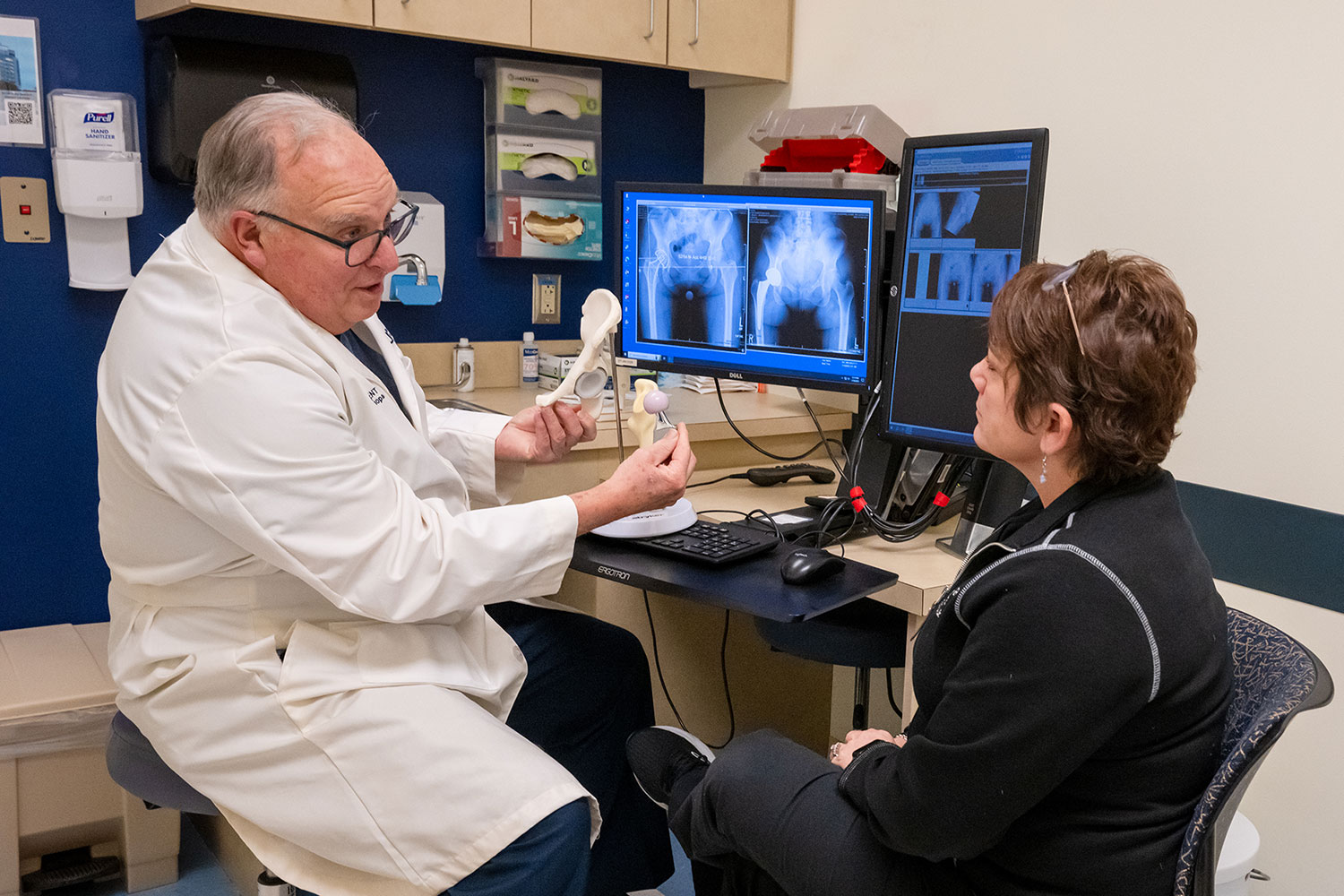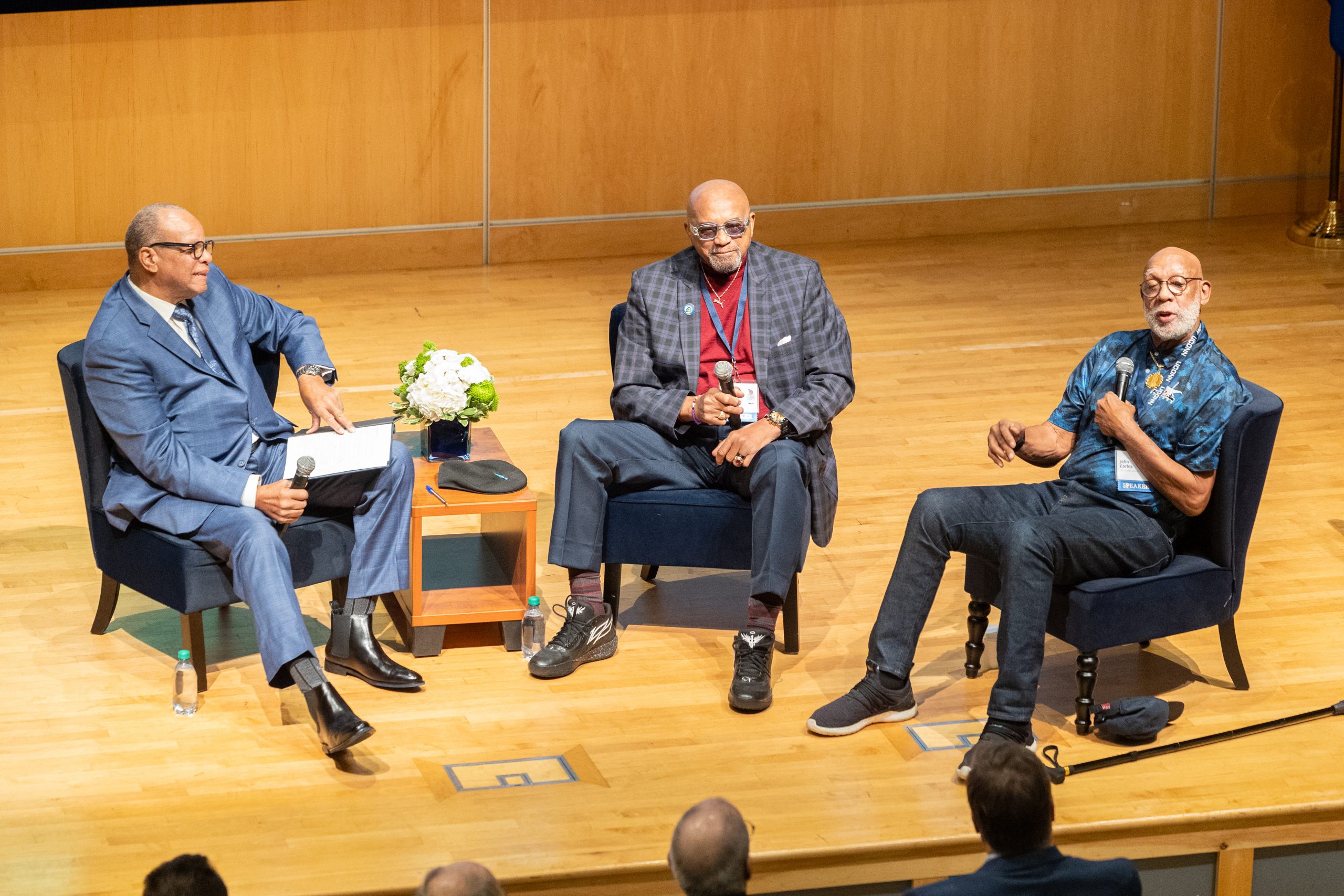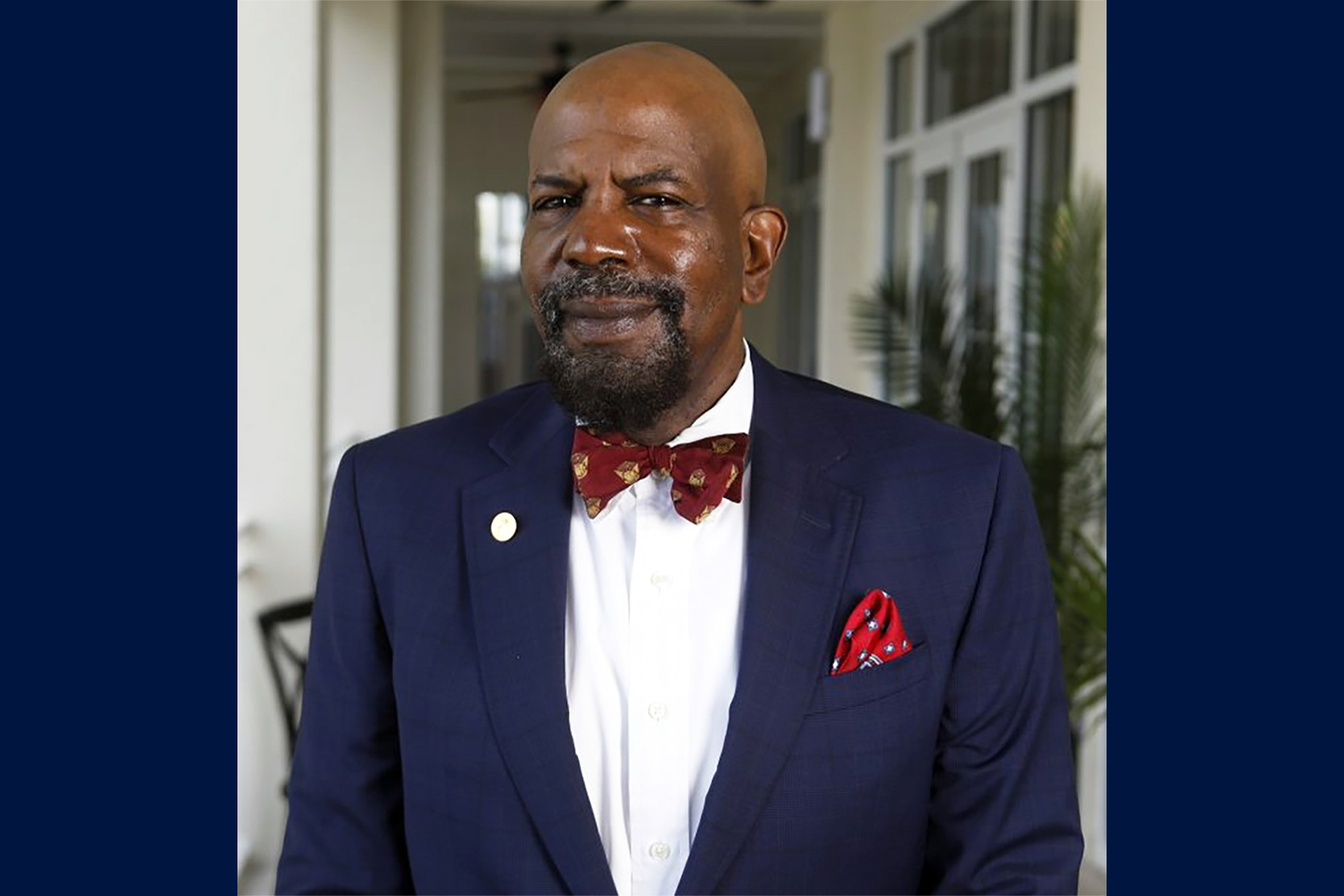Science in Seconds – Eating Less, Living Longer
A UConn Health geneticist is studying whether it's ever too late to improve a person's health and diet
Research has shown that if overweight people switch to a low-calorie diet, it can lead to a healthier and longer life. But do you experience those same benefits if you don’t restrict calories until later in life?
In this Science in Seconds segment, UConn Health geneticist Blanka Rogina, finds that older flies aged on a high calorie diet are healthier and live longer if they’re switched to a reduced calorie diet.
If the effect holds true for humans, it would mean it’s never too late for obese people to improve their health with diet.
Latest UConn Today
- UConn John Dempsey Hospital Recognized for Exceptional Clinical PerformanceSepsis, pneumonia, hip fracture care, and GI surgery earn 5 stars from Healthgrades
- Being Seen, Feeling Seen: Summit Examined Complicated, Far-Ranging Intersections of Sport and Human RightsHuman Rights Summit features perspectives from athletes, academics, and industry experts
- Protein Powders and Shakes Contain High Amounts of Lead, New Report Says – A Pharmacologist Explains the DataPowder and ready-to-drink protein sales have exploded, reaching over US$32 billion globally from 2024 to 2025. Increasingly, consumers are using these protein sources daily.
- Professor Sir Cato T. Laurencin is Plenary Speaker at AAMP ConferenceUConn Professor Sir Cato T. Laurencin was the Plenary Speaker at 39th Annual Association for Academic Minority Physicians, Inc. Conference in Alexandria, VA.
- Insufficient Sunlight Exposure Linked to Higher Rates of SuicideThis study from UConn health economist Shinsuke Tanaka is a major addition to the literature on suicide risk factors as suicide remains the only major cause of death in the U.S. that is increasing rather than decreasing over time
- RNA Tech Could Make Fast Test for Alzheimer’s DiseaseWith Alzheimer's beginning well before symptoms appear, early detection would be a crucial benefit for patients and doctors













